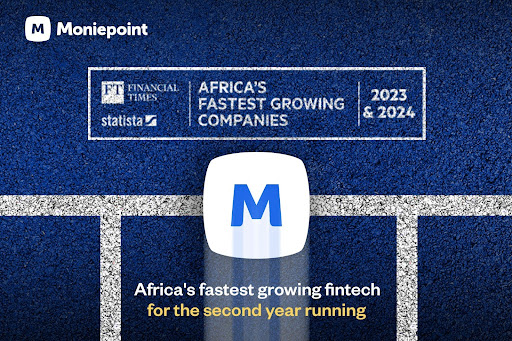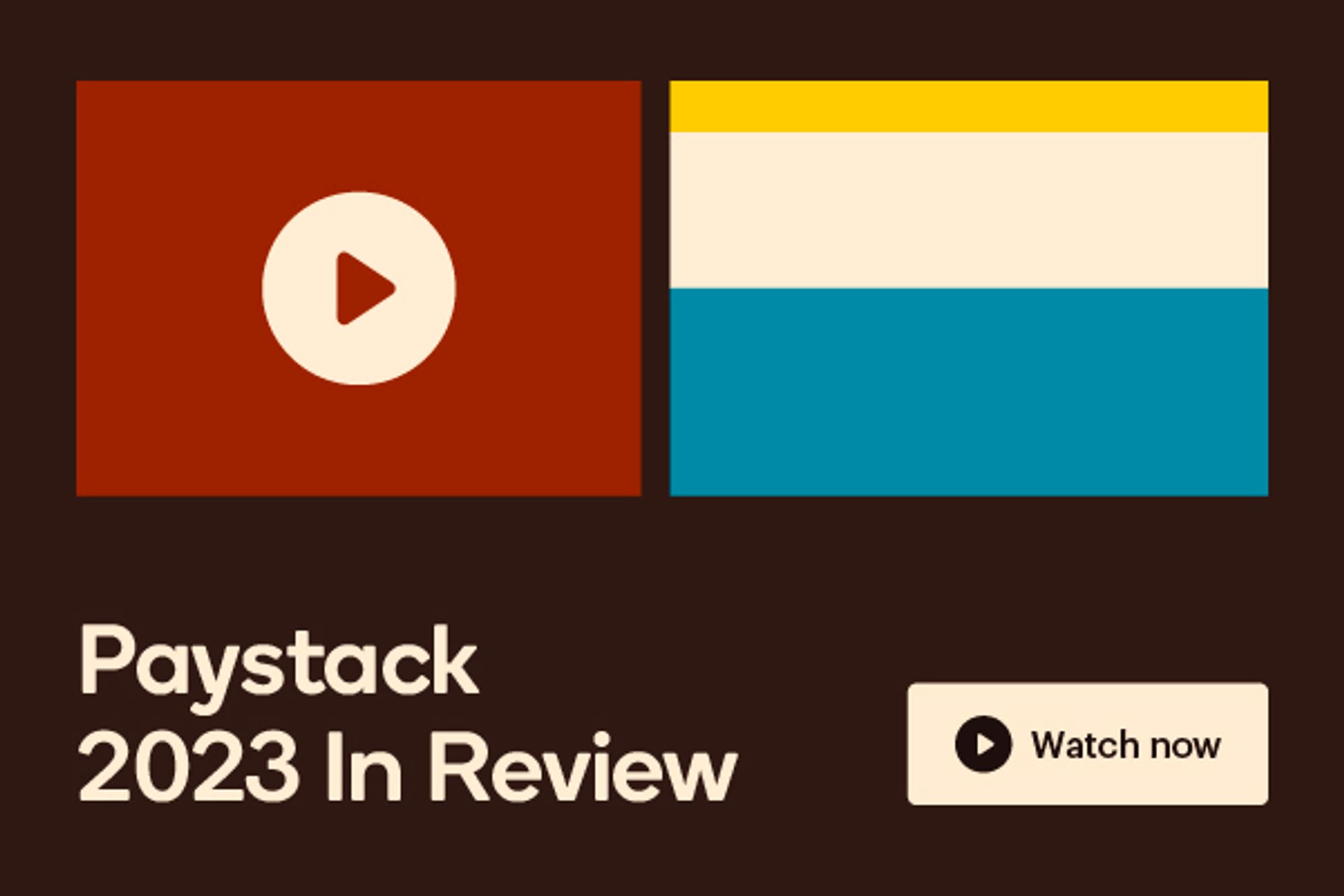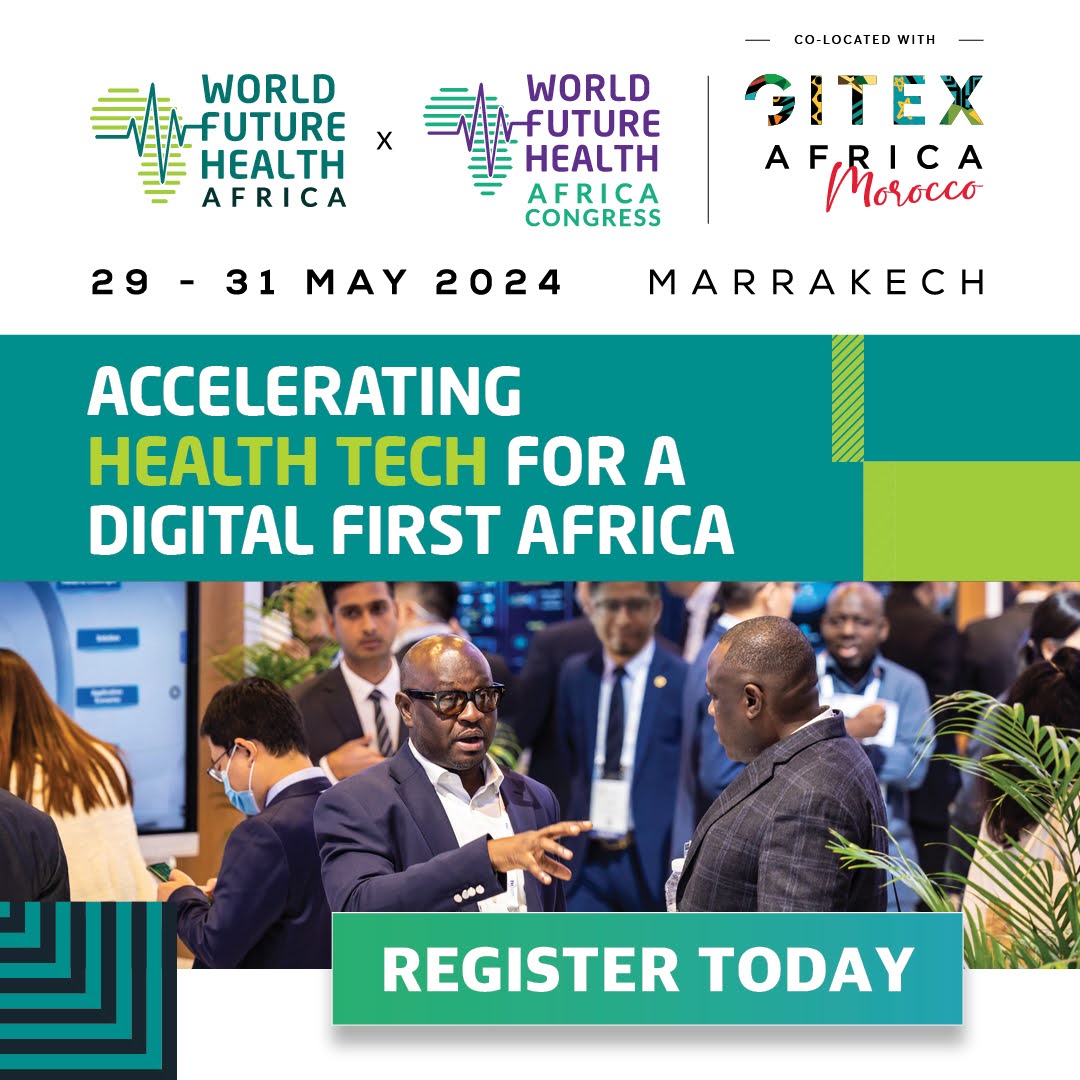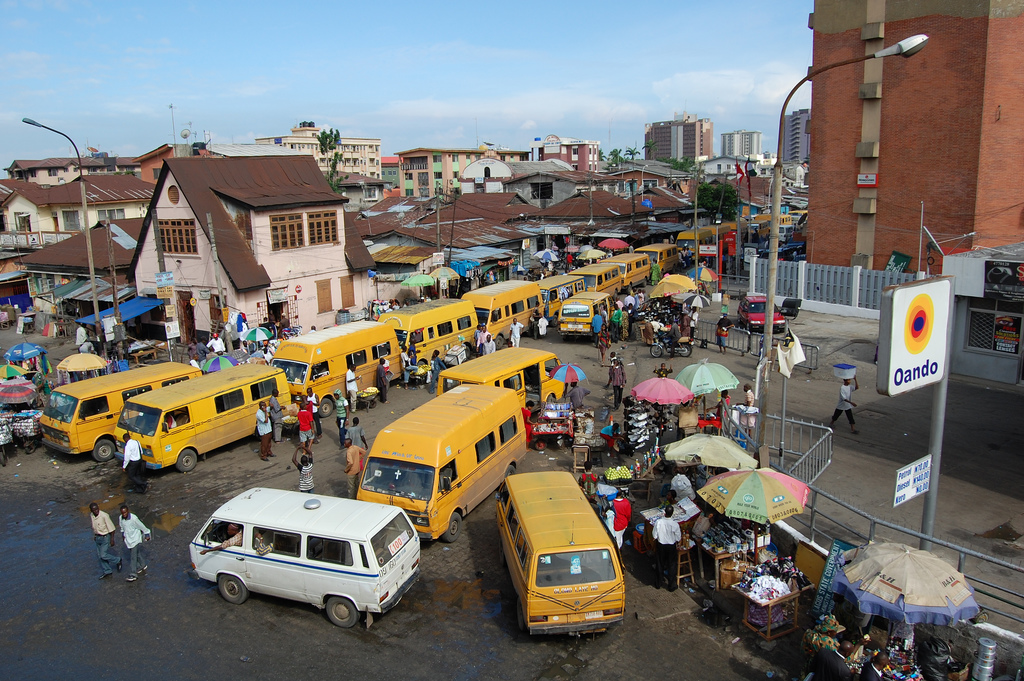

Good morning ☀️
We’ve taken off most of the images in TC Daily over the past month to keep the newsletter short. If, like Osaz from Lagos, you’d like the memes and images back, please let me know at timi@bigcabal.com. And if you prefer the newsletter this way, let me know too. Cheers!
In today’s edition
- Nigeria sets new guidelines for BDC operators
- Inside BlackCopper’s struggling attempt to disrupt lending
- Apple accused of using war zone minerals in Congo
- Nigeria rejigs blockchain implementation committee
- Microsoft and G42 to build eco-friendly data centre in Kenya
- The World Wide Web3
- Opportunities
Nigeria set new rules for BDC operators in Nigeria
Bureau de Change operators in Nigeria, over the past year, have seen more than their fair share of action as Nigeria’s apex bank struggled to fix its ailing currency. At least twice—in February and May—the country’s financial crimes watchdog, the Economic and Financial Crimes Commission (EFCC), rounded up forex traders across major cities.
The Central Bank of Nigeria, in the past, has partly blamed the BDC operators for the country’s volatile exchange rate. In fact, in March of this year, a year after revoking its two-year ban on foreign exchange (FX) sales to Bureau de Change (BDC) operators, the apex bank started selling dollars to eligible operators. Then four days later, it revoked the licences of over 4,173 operators.
Now, the Central Bank of Nigeria (CBN) has new guidelines for BDC operators whose licences weren’t revoked. The revised guidelines outline that Tier-1 BDCs must now have a minimum capital base of ₦2 billion ($1.4 million), while Tier-2 BDCs need ₦500 million ($349,000). Additionally, the application fee for a Tier-1 license is set at ₦1 million ($699) and ₦250,000 ($174)for a Tier-2 license, with licensing fees at ₦5 million ($3,496) and ₦2 million ($1,398), respectively.
Tier-1 BDCs are permitted to operate across all 36 states and the Federal Capital Territory (FCT), and they may open franchises nationwide, pending CBN approval. However, the new guidelines also impose several restrictions, prohibiting BDCs from engaging in futures, options, and derivative trading, outward international transfers, receiving international inward transfers, and dealing in crypto assets.
BDCs have new restrictions. For forex transactions, BDCs are now restricted to Personal Travel Allowance (PTA), Business Travel Allowance (BTA), payment of overseas medical bills or school fees abroad, payment of professional examination and annual subscription fees, and repurchase of unused naira from non-residents.
All existing BDCs are required to reapply for a new license under their chosen tier within six months and meet the corresponding minimum capital requirements.
Inside BlackCopper’s struggling attempt to disrupt lending
Lending to individuals and small businesses in Nigeria is a $2.7 billion market.
Yet, big banks and financial institutions avoid it like a plague. In 2019, Nigerian banks only lent money to about 6.2% of the country’s adult population, leaving a vast untapped—or ignored—market.
Digital lenders across the country have built businesses on the premise of closing out this gap and making profits while doing it. However, in lending, giving out funds is just one side of the divide, recovering is an even tougher nut to crack. According to a 2022 report by McKinsey & Company, three out of every 10 loans issued may not be fully recovered.
And BlackCopper, a Techstars-backed startup knows that too well.
The startup launched in 2020 to provide collateral-free loans to small and medium businesses. The startup disbursed ₦2.1 billion ($1.45 million) in loans to SMEs but was unable to recover most parts of it. Currently, it is trying to recover ₦1.2 billion ($839,000) of unpaid loans and has only been able to recover about ₦200 million ($139,000).
Moniepoint is Africa’s fastest-growing fintech

The Financial Times has ranked Moniepoint as Africa’s fastest-growing fintech based on its absolute and compound growth rate. Read more about it here.
Apple accused of using war zone minerals in Congo
The Democratic Republic of Congo (DRC) is teeming with exceptional mineral resources: tin, tantalum, tungsten and gold known as 3TGs. They are found in our electronics such as phones, laptops, DVDs, etc and their origin can be traced to the Democratic Republic of Congo.
The Democratic Republic of Congo leans heavily on its extractive mining sector, with this industry generating nearly 46% of its income—accounting for almost 98.9% in 2021. In 2024, the Congo held an estimated $24 trillion in raw mineral deposits, making it the world’s richest country in terms of natural resource wealth.
The Southeastern provinces of the country mine over 60% of the world’s cobalt supply. So it’s no surprise that the mining of these minerals became directly linked to financing and perpetuating armed violence. Rebel groups and militias have seized control of many mines, using the profits from selling these minerals to fund their activities.
The mining itself is often unregulated and brutal, with reports of forced labour, child labour, and violence against miners. Data from October 2023 reveals at least 400 hundred households have been displaced in Kolwezi, a place well-known for cobalt mining and at least 35,000 children, some as young as six years, are involved in illegal and dangerous mining.
To address this US Securities and Exchange Commission (SEC) regulations that require companies to disclose the source, use or trade of these minerals, aiming to discourage armed groups from profiting from their extraction and fueling conflict over them.
Big tech companies aren’t sticking to the rules: In April, Apple, despite regulations, was suspected of sourcing minerals from a supply chain that benefits these armed groups and smuggled the 3TGs across the border from the DRC into Rwanda. Lawyers from Amsterdam & Partners LLP who are investigating claims of mineral smuggling wrote to Apple but got no response.
Despite sending their questions four weeks prior, the law firm noted in a statement on Wednesday that Apple has yet to acknowledge receipt, let alone provide a response
A fresh accusation was launched against Apple on Wednesday. Per TechCabal, a whistleblower’s claim suggests the company could be using minerals mined in war zones of eastern Congo.
The lawyers allege that new whistleblower information suggests Apple’s supply chain might include “blood minerals,” mined in war-torn regions of the DRC.
Apple insists it’s in the right: In the past, Apple has insisted it had a strict vetting process to ensure its supply chain uses only conflict-free minerals, specifically 3TGs sourced outside war zones.
Following the letter from the lawyers in April alleging Apple’s use of “conflict minerals,” fighting has escalated in eastern Congo. Notably, Rwandan-backed M23 rebels recently captured Rubaya, a key mining town for coltan, a mineral crucial for smartphones and other electronics.
Collect payments anytime anywhere with Fincra

Are you dealing with the complexities of collecting payments from your customers? Fincra’s payment gateway makes it easy to accept payments via cards, bank transfers, virtual accounts and mobile money. What’s more? You get to save money on fees when you use Fincra. Get started now.
NITDA rejigs blockchain implementation committee
In May 2023, Nigeria’s Ministry of Communications and Digital Economy announced the approval of a national blockchain policy.
The national blockchain policy details Nigeria’s plans to create a blockchain-powered economy that supports secure transactions, data sharing, and value exchange between people, businesses, and the government. To implement the 36-page policy strategy, NITDA commissioned the National Blockchain Policy Steering Committee (NBP-SC).
Very little has been done since the appointment of NBP-SC. Although the committee was never formally disbanded, NITDA is “strategically restructuring the committee. Maybe with this move, we’ll finally get to see the implementation of the policy.
Now, NITDA has rejigged the National Blockchain Policy Steering Committee (NBP-SC) to include new stakeholders to see through the inclusive adoption and implementation of the national blockchain policy. NITDA’s Director-General, Malam Kashifu Inuwa, inaugurated the new committee on Tuesday at a three-day co-creation workshop to implement the policy in Abuja.
Why it matters? Nigeria’s history of policy implementation has led some to question the government’s commitment to its national blockchain policy, announced last year. Critics have argued that the policy was a case of the government jumping on a trendy global topic without a clear plan for actual adoption.
The latest restructuring of the NBP-SC is coming at a time when crypto, the most common application of blockchain in Nigeria, is facing intense scrutiny by the government. The Office of the National Security Adviser adjudged crypto as a matter of national security. An executive of the global crypto giant, Binance, is still in detention over tax evasion charges. The national blockchain policy also excludes crypto from its list of use cases.
Psst! Here’s what Paystack has been up to 🔥

Paystack gives ambitious businesses in Africa the payments tools they need to scale. A lot happened in 2023 – so many improvements, you might have missed some! As we continue building in 2024, here are the 10 stories that shaped our past year 👉🏾 paystack.com/2023
Microsoft and G42 to build eco-friendly data centre in Kenya
We’ve written a lot about data centres in the last two weeks. Nigeria, for example, announced plans to launch a 1-petabyte data centre by May 29. Congo Brazzaville also recently received $78.2 million to build a three-storey data centre in Central Africa.
Now, Microsoft has announced plans to build a “hyperscale” data centre in Kenya. The big tech firm and UAE-based AI firm G42 are teaming up to build the massive data centre which will be powered by geothermal energy in Kenya. Hyperscale data centres are giant facilities with enormous computing power, designed to handle massive amounts of data and cloud services for millions of users. This is just part of a $1 billion investment package aimed at supercharging Kenya’s digital economy.
Here’s the download: The centrepiece is a new “East Africa Cloud Region” powered by Microsoft Azure. This will bring high-powered cloud services closer to Kenyan businesses and consumers.
The data centre will be eco-friendly, running entirely on geothermal energy and featuring water-saving tech.
The investment goes beyond the data centre. Microsoft and G42 are also planning to develop AI models that understand Swahili, the region’s main language, launch an “East Africa Innovation Lab” to train Kenyans in AI skills, and partner with the Kenyan government to ensure secure cloud services.
This is a big deal: This billion-dollar investment is a major vote of confidence in Kenya’s digital future. The new data centre and AI focus could unlock a wave of innovation across East Africa.
The big deal: The official paperwork will be signed during Kenyan President William Ruto’s visit to the US this week—the first state visit by a sitting African leader in nearly 20 years.
Attend GITEX Africa 2024

GITEX Africa returns a second time on May 29–31, 2024, to Marrakech, Morocco, discussing ways to accelerate the continent’s digital health revolution. GITEX is the continent’s largest all-inclusive tech event renowned for uniting the brightest minds in the technology industry. Grab your tickets here.
The World Wide Web3
Source:

|
Coin Name |
Current Value |
Day |
Month |
|---|---|---|---|
| $69,365 |
– 0.71% |
+ 4.22% |
|
| $3,771 |
+ 0.31% |
+ 18.33% |
|
|
$0.84 |
+ 0.88% |
– 15.06% |
|
| $177.55 |
– 0.11% |
+ 14.49% |
* Data as of 06:40 AM WAT, May 23, 2024.
- TechCabal is set to announce its first set of speakers for the second edition of its Moonshot Conference which is set for October 9–11, 2024, at the Eko Convention Centre, Lagos, Nigeria. Moonshot will assemble Africa’s biggest thinkers, players and problem solvers on a global launchpad for change. If you want to join the stakeholders in Africa’s tech ecosystem for three days of insightful conversations, then get an early-bird ticket at 20% off.
Here’s what we’ve got our eyes on
Written by: Faith Omoniyi & Towobola Bamgbose
Edited by: Timi Odueso
Want more of TechCabal? Sign up for our insightful newsletters on the business and economy of tech in Africa.
- The Next Wave: futuristic analysis of the business of tech in Africa.
- Entering Tech: tech career insights and opportunities in your inbox every Wednesday at 3 PM WAT.
- In a Giffy: business decisions powered by data-driven insights and analysis you can trust.
- TC Scoops: breaking news from TechCabal
P:S If you’re often missing TC Daily in your inbox, check your Promotions folder and move any edition of TC Daily from “Promotions” to your “Main” or “Primary” folder and TC Daily will always come to you.





















